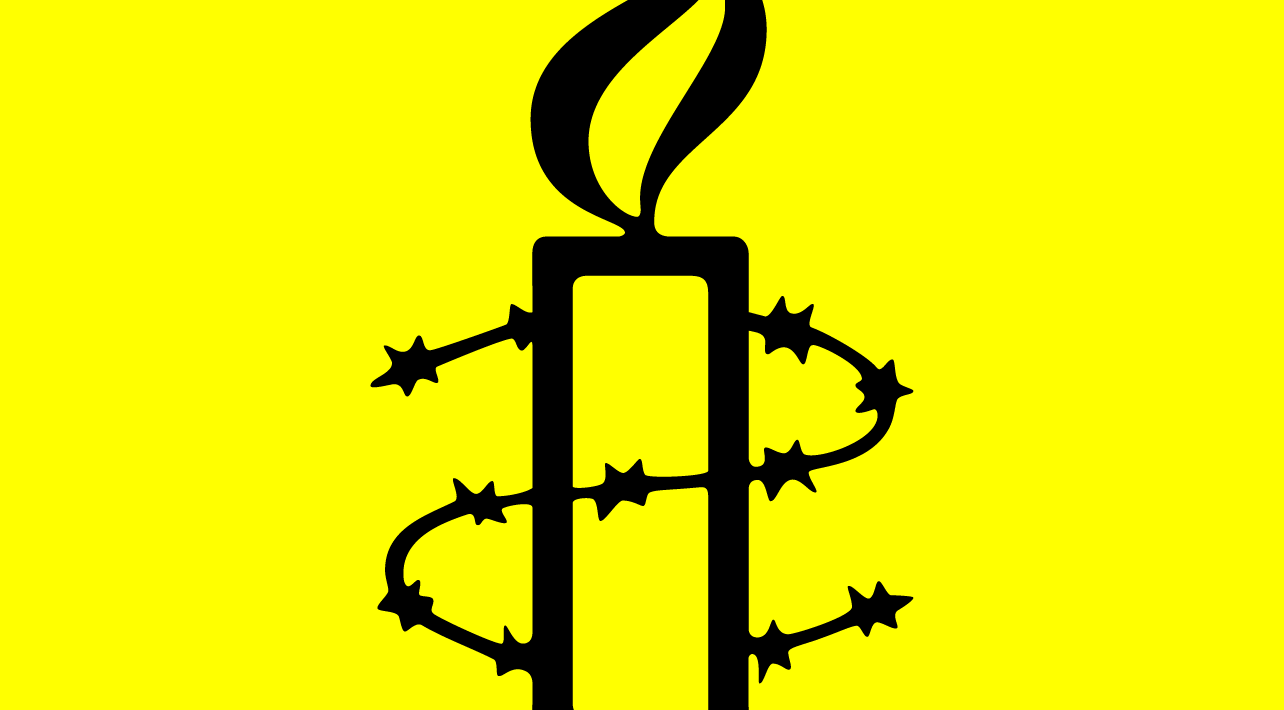On 13 May, under the guise of transparency and protecting sovereignty, Hungary’s government launched an unprecedented attack against civil society, independent media, and any legal entity, including businesses, that the government decides to target for political reasons/on the basis of these actors’ real or perceived criticism of the government and its policies. The Bill comes amidst a wider effort to stigmatise and threaten organisations critical of the erosion Hungary’s rule of law and human rights’ obligations, and PM Orbán’s threat to carry out a “spring cleaning”.
The new Bill on the Transparency of Public Life was submitted on 13 May by a member of Hungary’s ruling Fidesz party. The Bill would allow the government to blacklist a broad range of commercial companies, independent non-profit civic and for-profit media organisations and block their access to financial resources if they receive revenues from abroad and are considered to threaten Hungary’s sovereignty. Activities funded from foreign resources, including those supported by other EU member states or by EU institutions constitute a threat to Hungary’s sovereignty, if they “violate, or portray in a negative manner, or support action against the values defined” in politically cherry-picked sections of Hungary’s constitution.
Being blacklisted can strangle organisations by severely limiting their ability to operate. This includes blocking access to “foreign” resources such as commercial income, grants, or donations; imposing burdensome administrative obstacles to receiving domestic funding; and potentially leading to the organisation’s eventual dissolution. Imposing such severe and unjustified restrictions on organisations on the basis of concepts that are not clearly defined and are overbroad and without due process or judicial oversight, fails to comply with Hungary’s international human rights obligations, exposing civil society to arbitrariness and the risk of political retaliation, and seriously infringing on the human rights to freedom of expression and association, among others.
The Bill, already under discussion in Parliament, is scheduled for a final vote during the 10-12 June session. Once adopted, the last line of defence against the erosion of the rule of law and of human rights in Hungary will be eliminated. Within 72 hours after the law takes effect, blacklisted entities could effectively lose access to their resources.
Given the attack’s pace and intensity, Hungarian civil society organizations in their briefing paper (click below) including Amnesty International urge the European Commission to take swift legal action against the law, seek interim measures from the EU Court of Justice in the ongoing lawsuit related to the 2023 sovereignty protection law, and ensure full compliance with the Court’s earlier judgment in the Hungarian LexNGO case.
